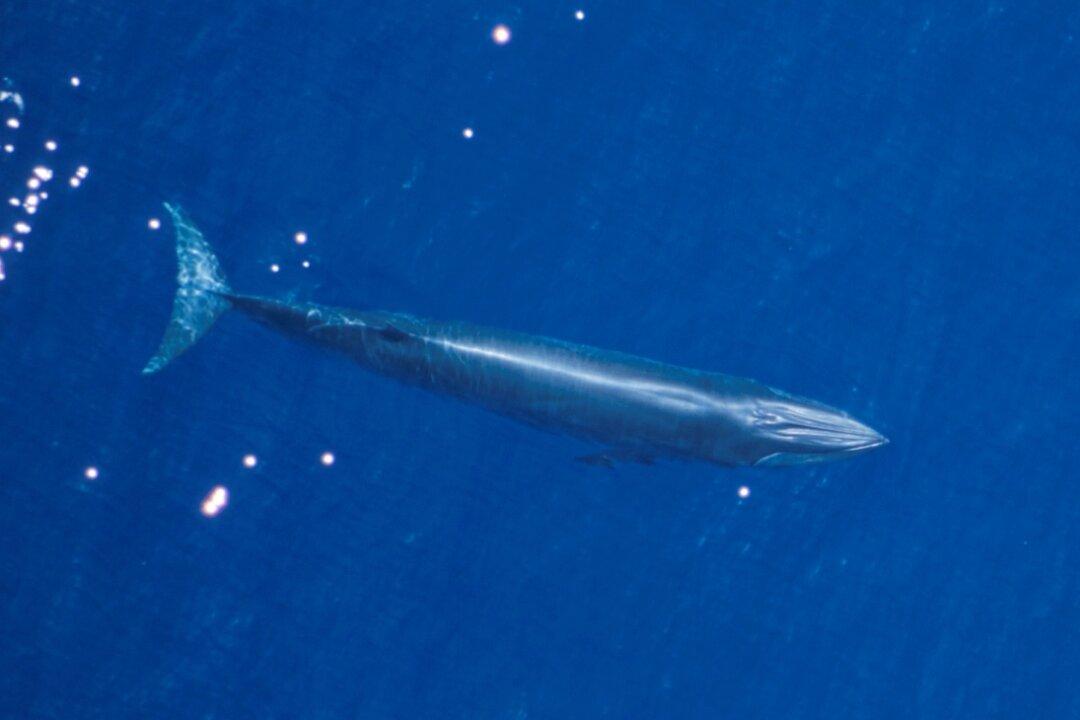The National Oceanic and Atmospheric Administration (NOAA) on Oct. 27 rejected a petition from environmentalist groups to establish a 10-knot speed limit within certain areas of the Gulf of Mexico, which would have significantly affected maritime traffic for military, commercial, and private vessels.
Six nongovernment agencies—the Center for Biological Diversity, National Resources Defense Council, Defenders of Wildlife, Healthy Gulf, New England Aquarium, and Earthjustice—suggested NOAA use the Marine Mammal Protection and Endangered Species Acts to enact a continuous 10-knot maritime speed limit and additional boat restrictions to preserve the Rice’s whale, a newly named species that is unique to the Gulf of Mexico and the United States.





